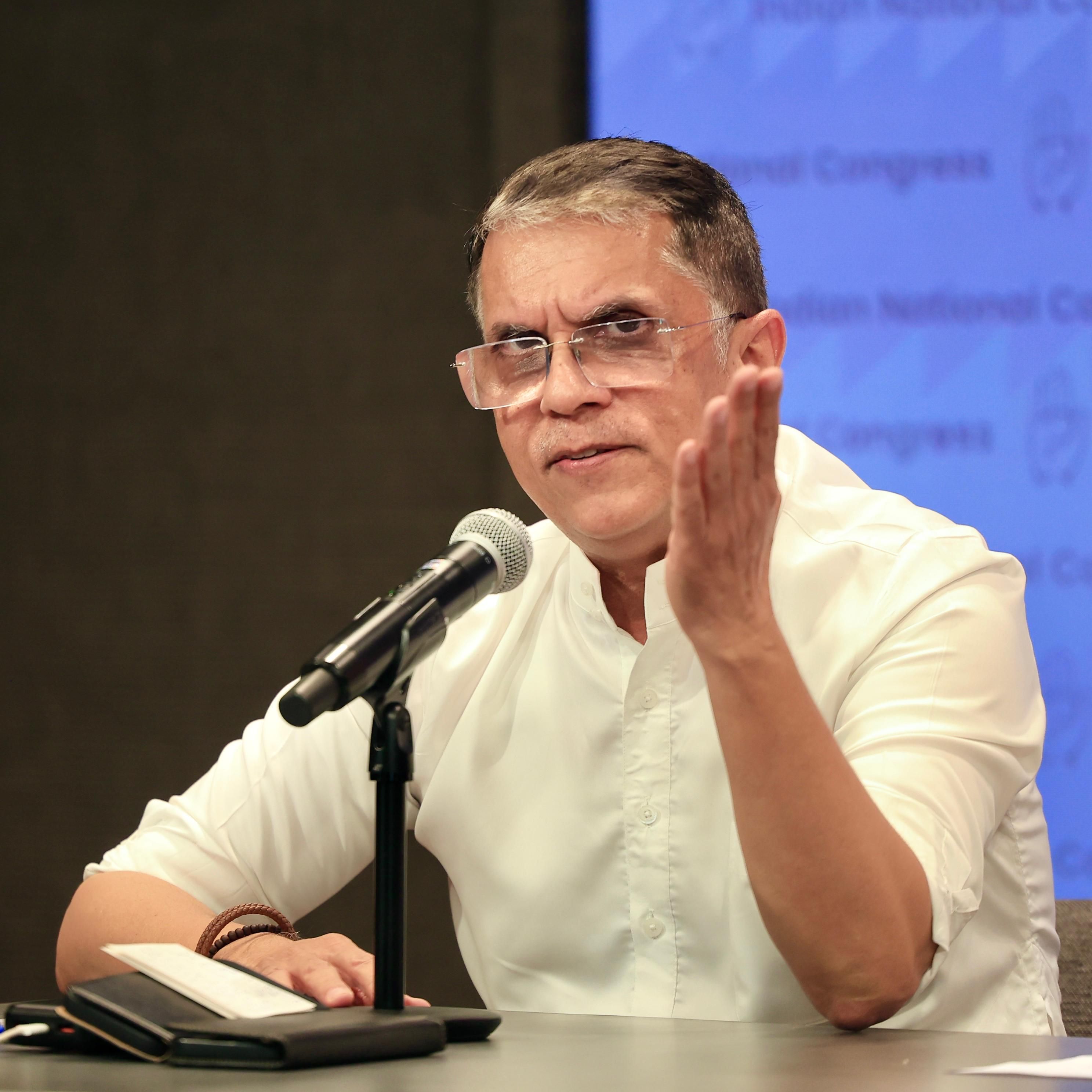Before next election, EC must address questions raised about Maharashtra polls

- Pawan Khera
Democracy is not merely the act of casting a vote; it is the unshakeable faith that every vote will be counted transparently, and without bias. Today, that faith stands shaken. When Rahul Gandhi recently raised questions about India’s elections, citing Maharashtra’s example, he voiced the concern of Indians who don’t feel represented by those who sit in our legislative houses on their behalf (‘Match-fixing Maharashtra’, IE, June 7).
One of his most shocking revelations was that over 41 lakh new voters were added to the electoral rolls between the Lok Sabha and the Assembly elections in the state, within a span of five months. This number reportedly exceeded the total projected adult population of the state by over 16 lakh individuals. How can a state have more registered adult voters than adults? The ECI’s response relied on vague terms — like “statutory forms” and “field verifications” on an unsigned note — as justifications. These fall far too short, given the electoral anomalies witnessed across the country.
During the Delhi election earlier this year, reports of similar malpractices surfaced. The AAP alleged that some constituencies saw bogus and suspicious voter additions, accompanied by deletions, predominantly targeting minorities and backward communities that were traditionally against the BJP.
The question arises: How is the Election Commission of India (ECI) enabling voter deletions without verification or transparency? History helps. In March 2019, G K Dwivedi, then Chief Electoral Officer of Andhra Pradesh, flagged the misuse of Form 7 to the ECI. His warnings were brushed aside. Today, the same Form 7 is being used — under the ECI’s watch — to manipulate electoral outcomes.
The ECI’s independence has been further compromised through questionable appointments and dismissals. The 2023 Supreme Court judgment put in place a neutral panel of the Prime Minister, Leader of the Opposition and the Chief Justice of India to select Election Commissioners. However, the Modi government’s December 2023 law replaced the CJI with a cabinet minister, giving the ruling party a majority in the selection panel. In March 2024, EC Arun Goel abruptly resigned just weeks before the general elections, reportedly over differences with CEC Rajiv Kumar, a former Finance Secretary seen as being close to the BJP. The ECI stayed silent on the PM’s divisive “infiltrator” remark during the 2024 Lok Sabha campaign.
Even in the 2024 Haryana election, some candidates sought a review of the results and EVM-VVPAT slip verification. Why did the ECI get scared to show the papers? Lastly, one must address Maharashtra Chief Minister Devendra Fadnavis’ attempt to whitewash the government’s complot by dismissing our questions with an embarrassingly superficial line of reasoning (‘Rejected by people, now he rejects people’s mandate’, IE, June 8). If the CM struggled to grasp the substance of the issue, we’d be happy to arrange a briefing for him. But if he doesn’t care to find out, then he should at least refrain from feigning whataboutery as facts.
Fadnavis’ response didn’t address the scale, timing, and demographic targeting evident in the 2024 elections. He failed to explain why 7.83 per cent of the total votes were cast in just the last hour of polling — the voting surge was observed in 12,000 booths of 85 constituencies where the BJP lagged in the Lok Sabha election but led in the Vidhan Sabha. He produced no evidence to counter this. He is also tight-lipped about clustering of voter spikes and blocking of duplicate EPIC number disclosures.
Instead of presenting hard facts, he asks the public to trust him blindly. Not because he’s backed by proof, but just because he said so. Unfortunately, that’s not enough.
Democracy runs on accountability and transparency. Both are glaringly absent from Fadnavis’ flimsy defence. If he truly believes the government has nothing to hide, he should support the Congress Party’s demand for making machine-readable data publicly available. In its absence, his party — in power both at the Union and state level— and the ECI will remain under suspicion. As for the ECI, if it believes Rahul Gandhi’s concerns are unfounded, it has every reason to respond with evidence — CCTV footage — and prove him wrong.
But CCTV footage is a sensitive topic for the ECI, as on May 30, the ECI ordered election footage to be destroyed just 45 days after polling — unless legally challenged. This deliberate narrowing down of the window for scrutiny should raise the eyebrows of concerned citizens. Why is the ECI in a rush?
India is drifting from democracy to a managed electoral state, with the ECI now a tool of the ruling party. And this is visible in the credibility crisis the body faces today. Only 58 per cent of Indians trust it, according to the 2024 CSDS-Lokniti survey.
The people of India must ask themselves: Are we truly electing our leaders, or are we being manipulated into validating a pre-decided outcome? Evidence like questionable voter roll changes, last-hour spikes, opaque conduct, and dubious appointments point to a deep decay. What we are witnessing are not isolated electoral malpractices, but a more systematic undoing.
As Bihar heads into its next major election, the stakes couldn’t be higher. The people of Bihar must rise — not just to cast their vote, but to defend the vote itself. Every addition or deletion in the electoral rolls must be scrutinized. This is about every Indian who believes in the sanctity of the ballot, not just the Congress Party. If we don’t fight now for a truly independent ECI, we may have neither democracy left to fight for nor the right to fight at all.
The writer is Chairman, Media and Publicity Department, AICC
Courtesy: The Indian Express







